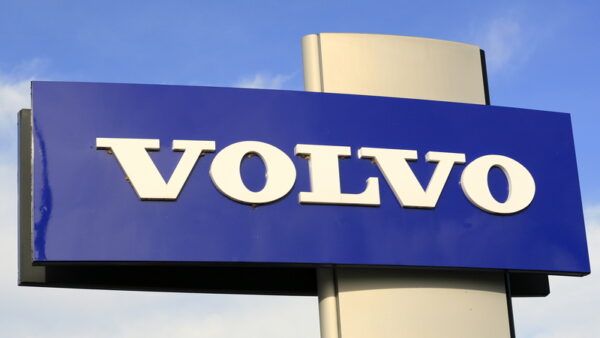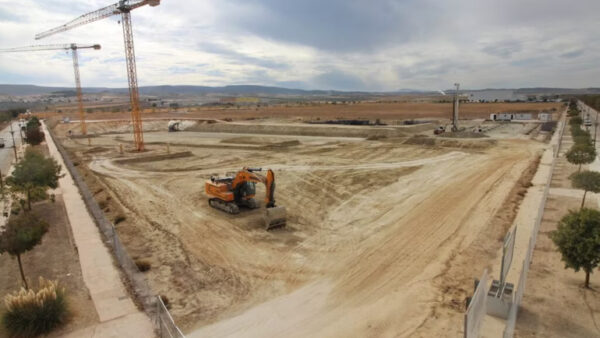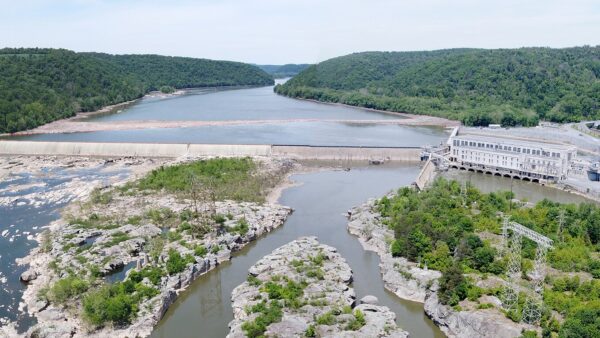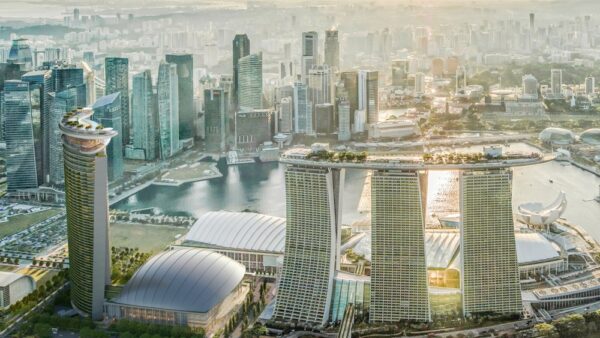The US government has given its blessing to Westinghouse’s deal to build six nuclear reactors in India.
The agreement, which was reached during a visit to the US by Narendra Modi, the prime minister of India, clears the way for a contract to be signed between Westinghouse Electric Company and the Nuclear Power Corporation of India sometime next year.
The White House issued a statement yesterday (7 June) saying: “Culminating a decade of partnership on civil nuclear issues, the leaders welcomed the start of preparatory work on-site in India for six AP 1000 reactors and noted the intention of India and the US Export-Import Bank to work together toward a competitive financing package for the project.”
Under the agreement, Westinghouse, a subsidiary of Japanese engineer Toshiba, will begin design work on the reactors’ site.
The value of the deal has not been released, but the likely price of a third-generation AP1000 pressurised water reactor is in the region of $5bn.
As yet no AP1000 reactor has been built, although one is expected to enter service in China next year (pictured).
The deal was significant because of previous disagreements between the two countries over the legal framework within which US firms would operate in India. A particular stumbling block was an Indian law passed in 2010 that would make US companies liable for accidents at plants they helped to build.
It will also be welcomed by the US nuclear industry, which has failed to emulate the success of its rivals in China and Russia in securing foreign contracts.
It is also suffering the after-effects of a 30-year period in which few new reactors were ordered by the domestic market, and has been struggling to make the business case for new orders while the price of natural gas is low.
India has an ambitious nuclear power programme and expects to have 14.6GWe of nuclear capacity online by 2024 and 63GWe by 2032. It aims to supply 25% of electricity from nuclear power by 2050.
India is one of only four countries that have not signed the nuclear Non-Proliferation Treaty, the agreement that is meant to facilitate international cooperation in the development of civil nuclear power. As a result, it has been excluded from trade in nuclear plant or materials, which has hampered its development of civil nuclear energy until 2009.






